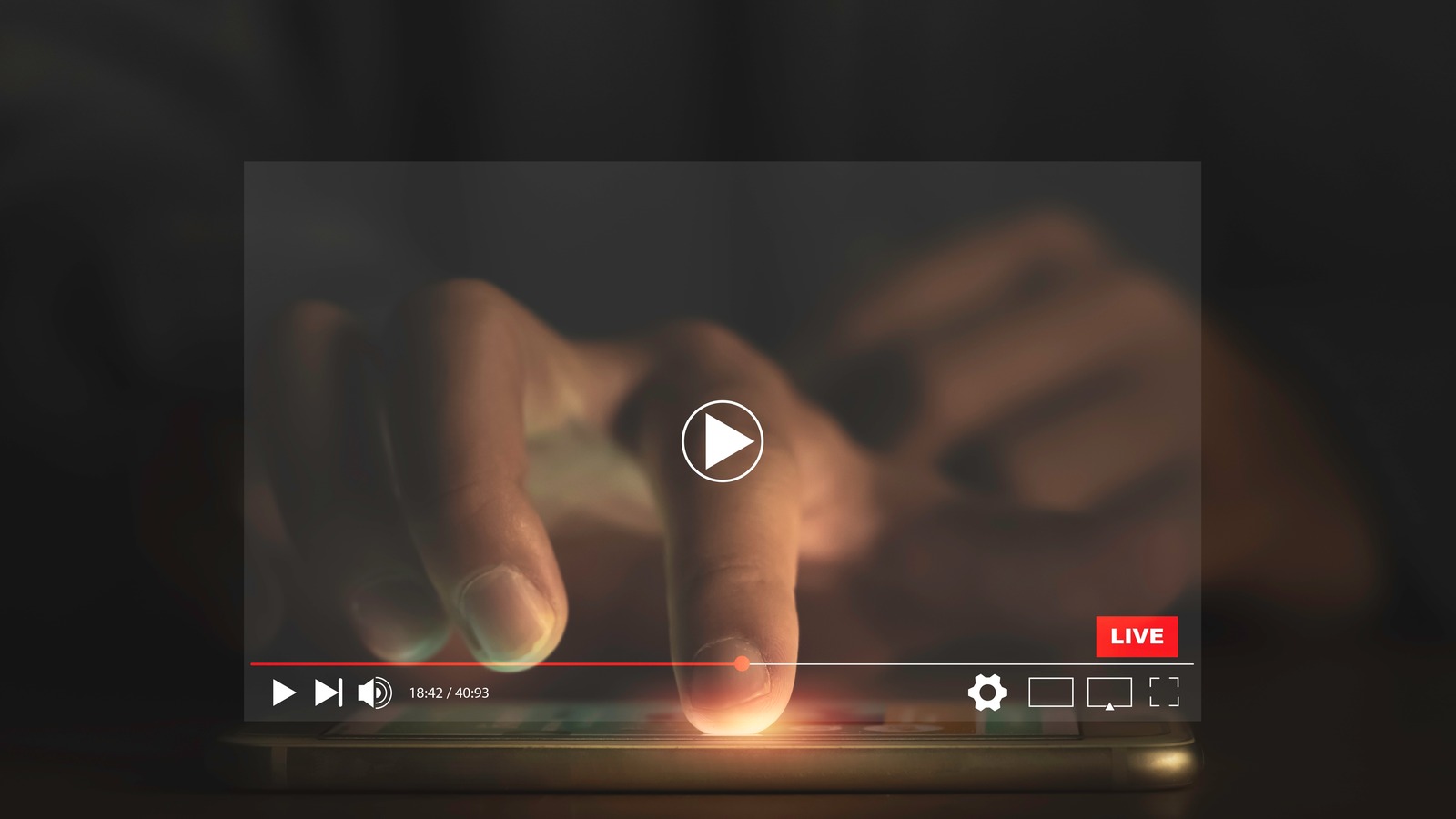Home>Software and Apps>Should I Use A VPN When Streaming


Software and Apps
Should I Use A VPN When Streaming
Modified: September 5, 2024
Discover the benefits of using a VPN for streaming and learn how to enhance your online security with top software and apps. Find out if a VPN is right for you!
(Many of the links in this article redirect to a specific reviewed product. Your purchase of these products through affiliate links helps to generate commission for Techsplurge.com, at no extra cost. Learn more)
Table of Contents
What is a VPN?
Understanding VPNs is crucial before diving into their use for streaming. A VPN creates a secure, encrypted connection over the internet between your device and a VPN server. This connection masks your IP address, making it appear as though you are accessing the internet from a different location. Individuals and businesses commonly use VPNs to protect online activities from prying eyes, including hackers, ISPs, and government agencies.
Benefits of Using a VPN for Streaming
Enhanced Security
One primary reason to use a VPN is to enhance online security. When connected to a VPN, your data is encrypted, making it much harder for hackers to intercept and steal information. This is particularly important when streaming, as you may share sensitive data such as login credentials or payment information.
Geographical Restrictions
Many streaming services have geographical restrictions based on your location. For example, Netflix content varies significantly between regions. Using a VPN allows you to bypass these restrictions and access content that might not be available in your area.
Improved Performance
Some users believe that using a VPN can improve streaming performance by reducing latency and buffering. However, this is not always the case. The impact of a VPN on performance depends on several factors, including the quality of the VPN service and the user's internet connection.
Anonymity
Another benefit of using a VPN is anonymity. By masking your IP address, you can browse the internet without revealing your location or identity. This can be particularly useful if you're concerned about your internet service provider (ISP) tracking your activities or if you're living in a region with strict internet censorship.
Drawbacks of Using a VPN for Streaming
Speed and Performance Issues
One significant drawback of using a VPN for streaming is the potential impact on speed and performance. Encrypting data and routing it through a VPN server can introduce latency and slow down your internet connection. This can lead to buffering, lag, and poor video quality.
Compatibility Issues
Not all streaming services are compatible with VPNs. Some platforms, like Netflix, actively block VPN traffic to prevent users from bypassing geographical restrictions. This means that even with a VPN, you might still encounter issues when trying to stream content.
Cost
Using a VPN can add an additional cost to your streaming experience. While many VPN services offer free trials or basic plans, high-quality VPNs often come with a monthly fee. This might not be a significant concern for some users, but it could be a factor for those on a tight budget.
Legal Considerations
It's essential to note that using a VPN to bypass geographical restrictions on streaming services may violate the terms of service of those platforms. While many users do this without issue, understanding the legal implications and potential risks involved is crucial.
Practical Considerations
Choosing the Right VPN
Not all VPNs are created equal. When choosing a VPN for streaming, look for services that offer fast speeds, reliable connections, and strong encryption. Some popular VPN options include ExpressVPN, NordVPN, and CyberGhost.
Testing Your VPN
Before committing to a VPN service, it's a good idea to test it with your streaming platform. Many VPN providers offer free trials or money-back guarantees, which can help you determine whether the service will work well with your chosen streaming service.
Optimizing Your VPN for Streaming
To get the best performance out of your VPN while streaming, consider the following tips:
- Choose a Server Close to Your Location: This can help reduce latency and improve streaming quality.
- Use a VPN with a Fast Speed: Look for VPNs that offer fast speeds and low latency.
- Disable Kill Switch: Some VPNs come with a kill switch feature that can disconnect your internet if the VPN connection drops. While this is useful for security, it can also cause streaming issues. Disabling the kill switch might improve performance but compromise security.
Understanding VPN Protocols
Different VPN protocols offer varying levels of security and performance. For streaming, protocols like OpenVPN and WireGuard are often recommended due to their balance of security and speed.
Monitoring Your Connection
Regularly monitor your VPN connection to ensure it's working properly. Look for signs of poor performance such as frequent disconnections or slow speeds.
Making an Informed Decision
Using a VPN when streaming can offer several benefits, including enhanced security, geographical flexibility, and anonymity. However, it also comes with potential drawbacks like speed and performance issues, compatibility problems, and additional costs. By understanding these factors and choosing the right VPN service, you can make an informed decision about whether using a VPN is right for your streaming needs.
While VPNs can enhance your streaming experience in many ways, they are not a one-size-fits-all solution. Weigh the pros and cons based on your specific needs and circumstances. If you value security and flexibility above all else, then using a VPN might be the right choice for you. However, if you prioritize speed and performance, consider alternative solutions or carefully select a VPN that balances both security and speed effectively.
Ultimately, the decision to use a VPN when streaming depends on your individual priorities and circumstances. By understanding the benefits and drawbacks of VPNs in the context of streaming, you can make an informed decision that best suits your needs.

